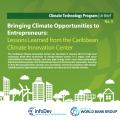
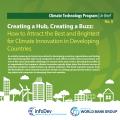
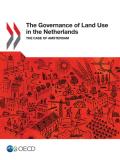
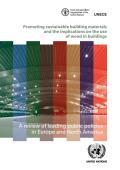
This study provides an overview of the current policy and regulatory environment regarding sustainable construction materials in the building sector in Europe and North America, and, where applicable, offers a commentary on the effectiveness of such regimes in driving the adoption of wood products. The study’s objective has been to...

Forest cover in sub-Saharan Africa declined by nearly 10 per cent between 2000 and 2010. Of this loss, 75 per cent was caused by the conversion of forest to agriculture, largely for food production to serve rapidly growing domestic food demand. Focusing on Ethiopia, Ghana and Tanzania, this study examines...

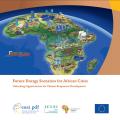
Cities globally consume up to 80% of the total global energy production and release about 75% of global CO2 emissions. Africa’s urban population is projected to triple from 400 million in 2010 to 1.26 billion in 2050, which represents nearly half of the projected rise in numbers of urban dwellers...
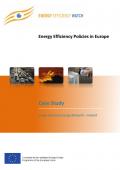
The overall aim of the Large Industry Energy Network (LIEN) is to support companies to build up or to further improve an energy management system and to achieve ISO 50001 certification. Furthermore, the LIEN also supports companies to identify implementation gaps, to broaden the existing (technical) knowledge, and to exchange...
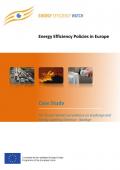
Nordsyn surveillance cooperation for green products intends to improve the efficiency of market surveillance of Ecodesign and energy labelling. Nordsyn ensures a fair and level playing field for the industry and protects consumers from inefficient products and misleading information. Nordsyn has started in 2013 for an initial two years period. After...
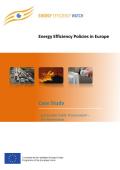
The goal of Sustainable Public Procurement (SPP) of Nether land is to ensure that public procurers, despite working under tight budget constraints, consider the lifecycle costs and not only the purchase price of products and services. No quantitative targets were set. The general objective is to reach ambitious sustainability targets by...
